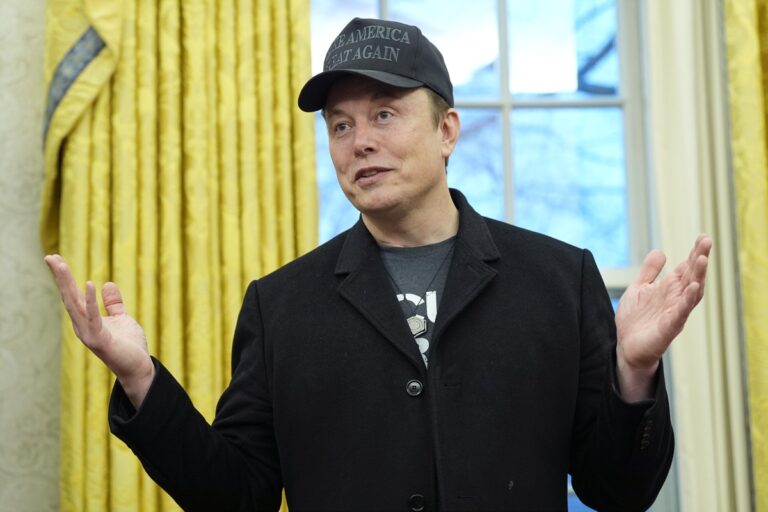Tesla’s Brand Challenges Amid Declining Sales and Rising Competition
April 23, 2025 – NEW YORK
Elon Musk, widely recognized as a visionary leader in technology and business, is currently facing a significant crisis at Tesla, marked by a decline in sales and challenges to the company’s brand reputation. Recent controversies surrounding Musk’s political affiliations have sparked considerable backlash, leading to protests and boycotts that have affected consumer sentiment.
Sales Drop Significantly
Tesla’s sales have taken a severe hit, with first-quarter profits slashed by two-thirds compared to the previous year. Reports indicate that sales have plummeted, particularly in Europe, where figures reveal a staggering 39% decrease overall, and a drastic 62% decline in Germany alone.
To address these challenges, Musk announced a strategic shift during an earnings call, revealing that he would cut back on his governmental role to dedicate more time to his position as CEO of Tesla. Following this news, Tesla’s stock saw a brief uptick of 5%.
Brand Reputation Concerns
Despite Musk’s attempt to attribute the sales downturn to production impacts related to recent upgrades of the Model Y, experts highlight a deeper issue: substantial brand damage stemming from Musk’s public persona and political activities. Analysts from Wedbush Securities and JP Morgan have characterized this situation as “a full blown crisis” and warned of “unprecedented brand damage,” suggesting that consumer hesitance could significantly hinder Tesla’s recovery.
Musk has downplayed the connection between the protests and Tesla’s sales, attributing dissatisfaction to reactionary politics against his leadership in Washington. However, the protests, which included demonstrations in Milan and Berlin, appear to reflect broader international sentiment as many express discontent with Musk’s political endorsements.
Increased Competition from Rivals
As Tesla grapples with these challenges, competition in the electric vehicle (EV) market has intensified. Notably, companies like China’s BYD are gaining traction with breakthrough technologies, including rapid-charging batteries. Additionally, Tesla’s market share in the U.S. has fallen from over 66% to less than 50%, as domestic and European automakers introduce advanced models that cater to growing consumer preferences.
Focus on Autonomous Technologies
Musk remains optimistic about the future direction of the company, particularly regarding its ambitions in autonomous vehicle technology. During the earnings call, he reiterated plans to launch driverless cabs in Austin by June, projecting that millions of Teslas would operate autonomously later in the year. However, significant regulatory scrutiny continues to shadow Tesla’s autonomous driving capabilities, delaying validation amidst safety inquiries.
Strengths and Opportunities
Not everything is bleak for Tesla; the company has localized supply chains that could help mitigate tariff impacts and reaffirmed its intention to launch a more affordable version of the Model Y sport utility vehicle in the first half of this year. Moreover, Tesla’s energy storage business posted strong performance metrics last quarter, and Musk has ambitious production goals for the Optimus robot line by year’s end.
Stock Market Position
Despite a nearly 50% drop from its peak value in December, Tesla’s stock remains highly valued by market standards, trading at around 110 times its projected earnings. This premium valuation creates a precarious situation for the company as any missteps could significantly affect investor confidence.
In summary, Tesla is at a critical juncture, balancing brand recovery efforts against fierce competition and shifting market dynamics. As the company moves forward, its ability to navigate these challenges will be crucial to its long-term success.


